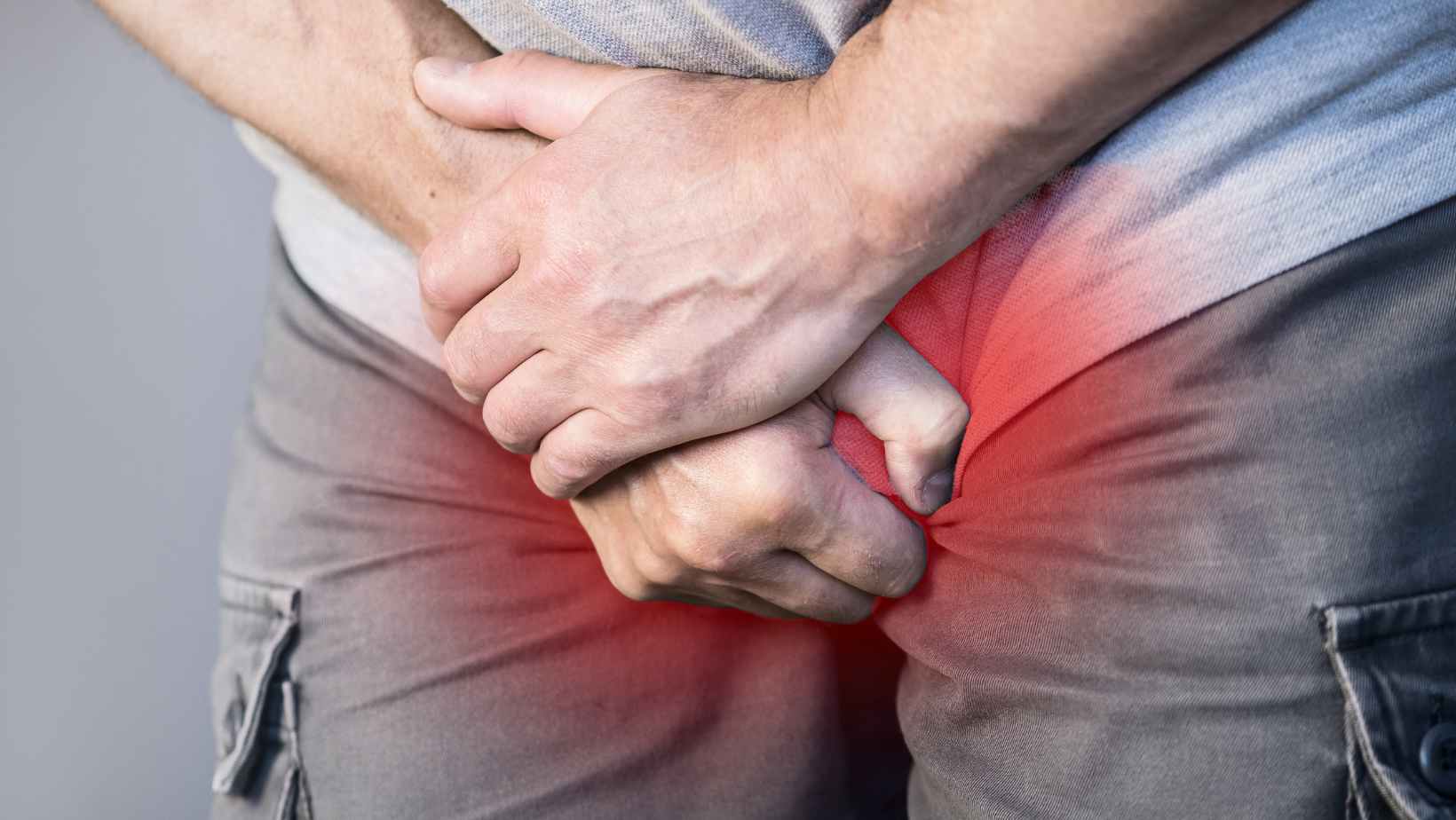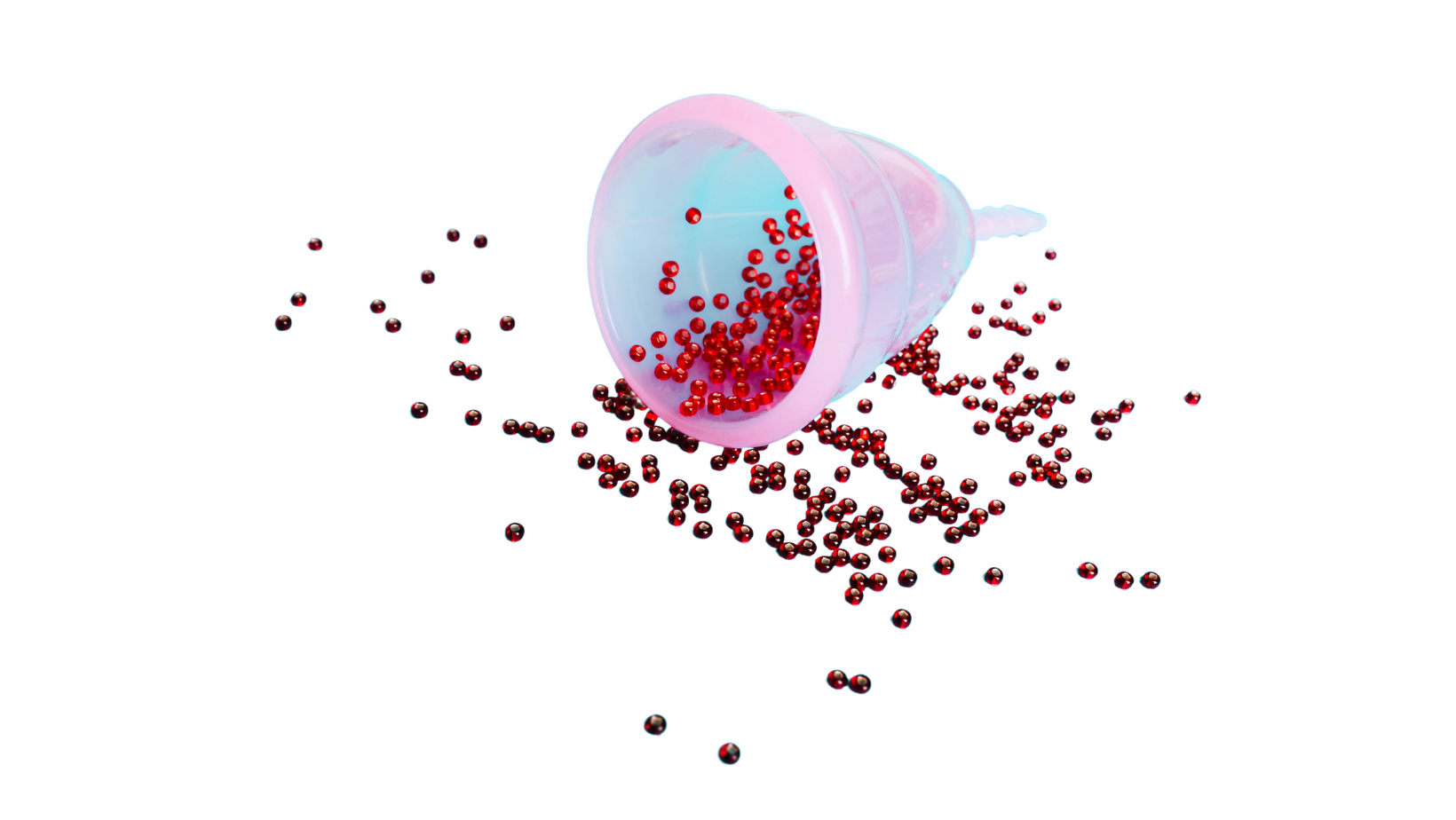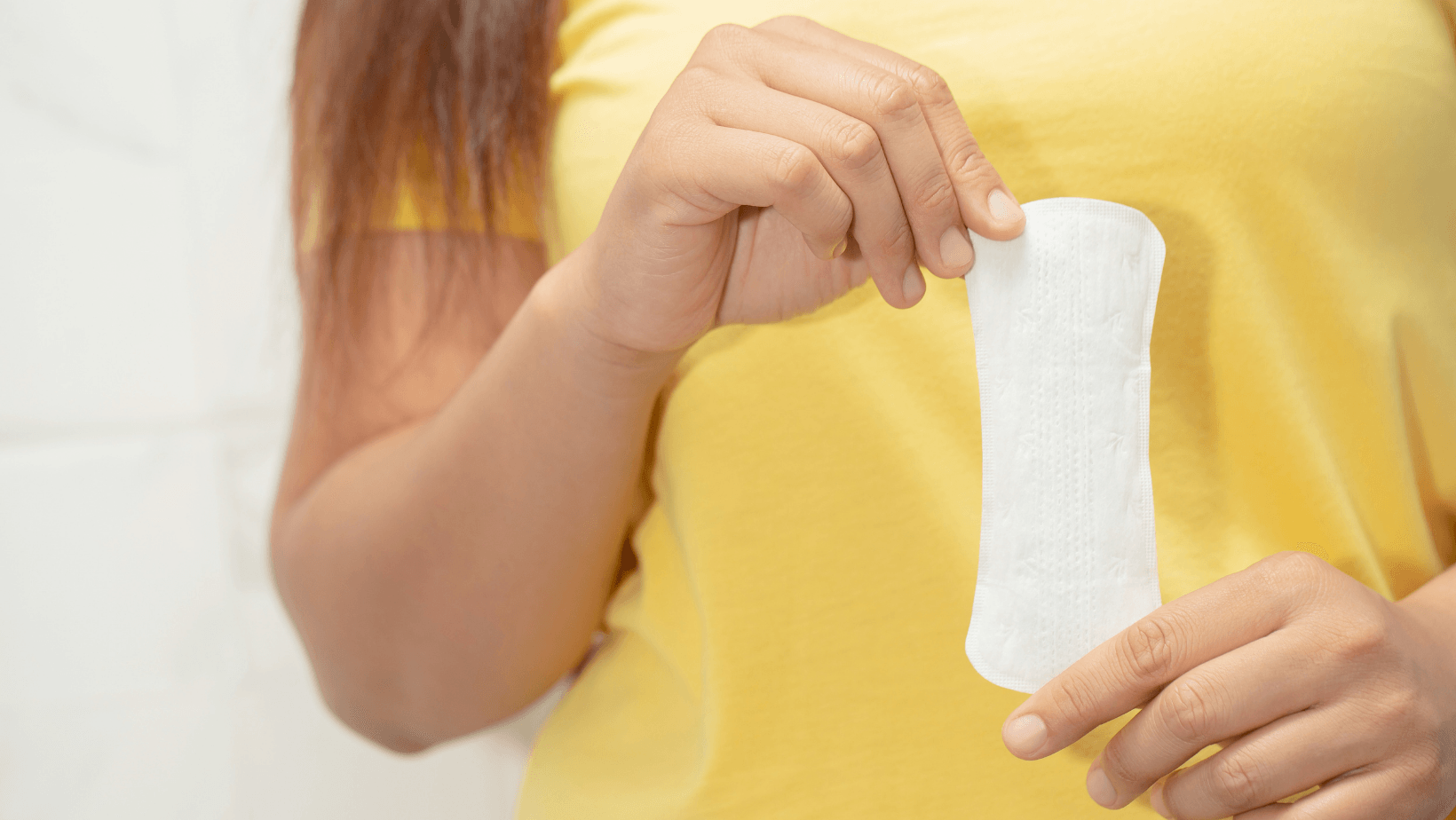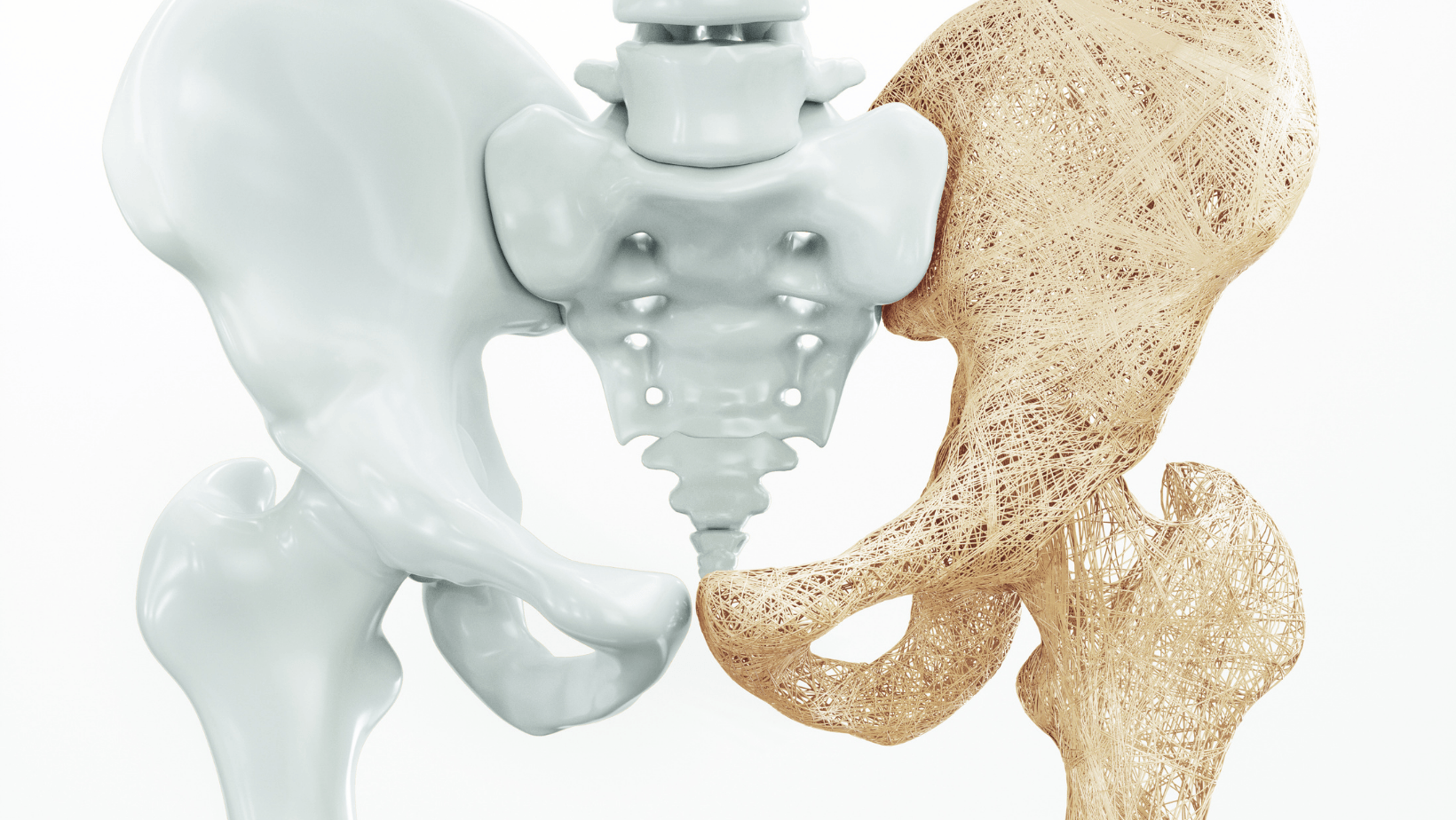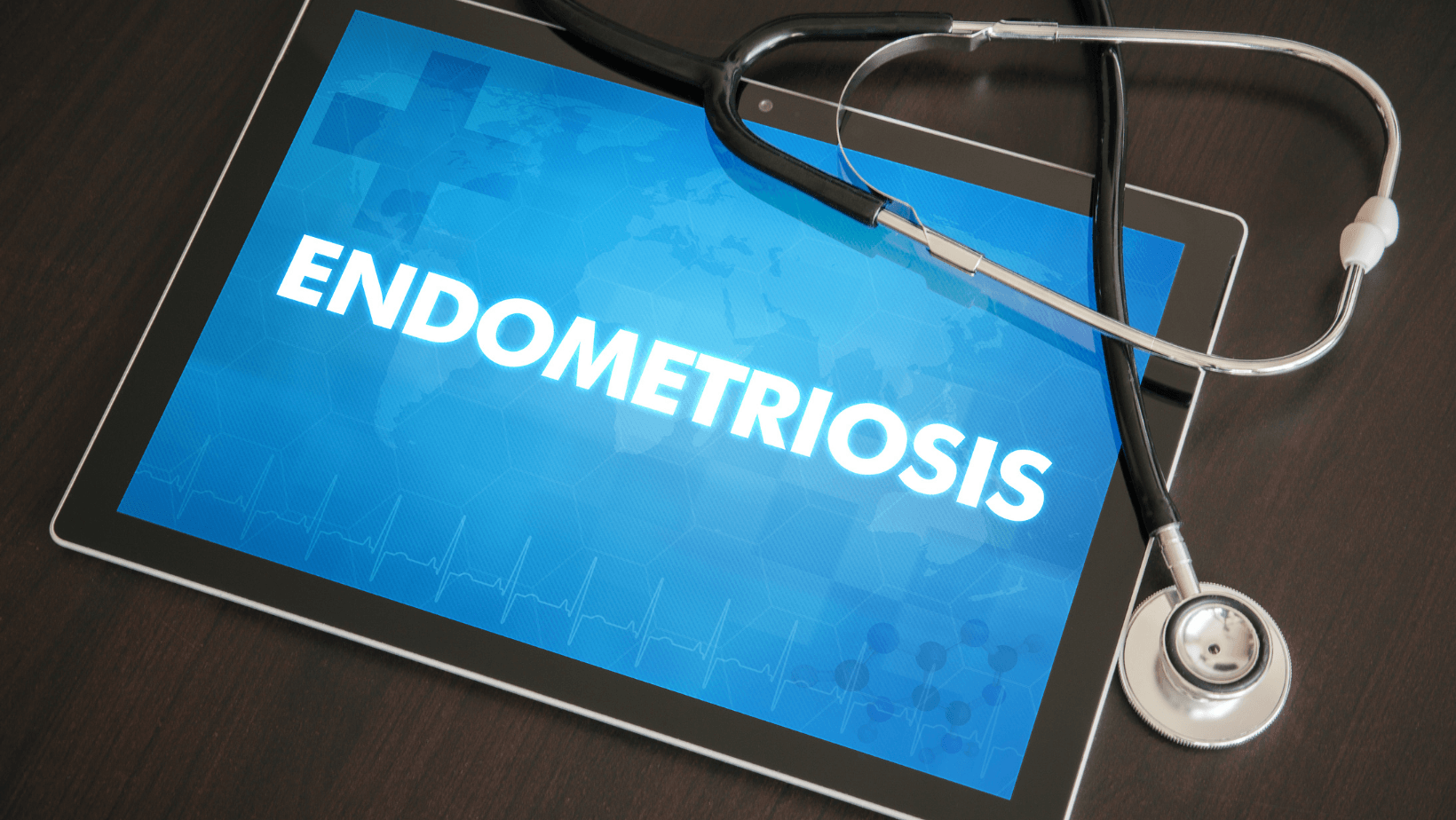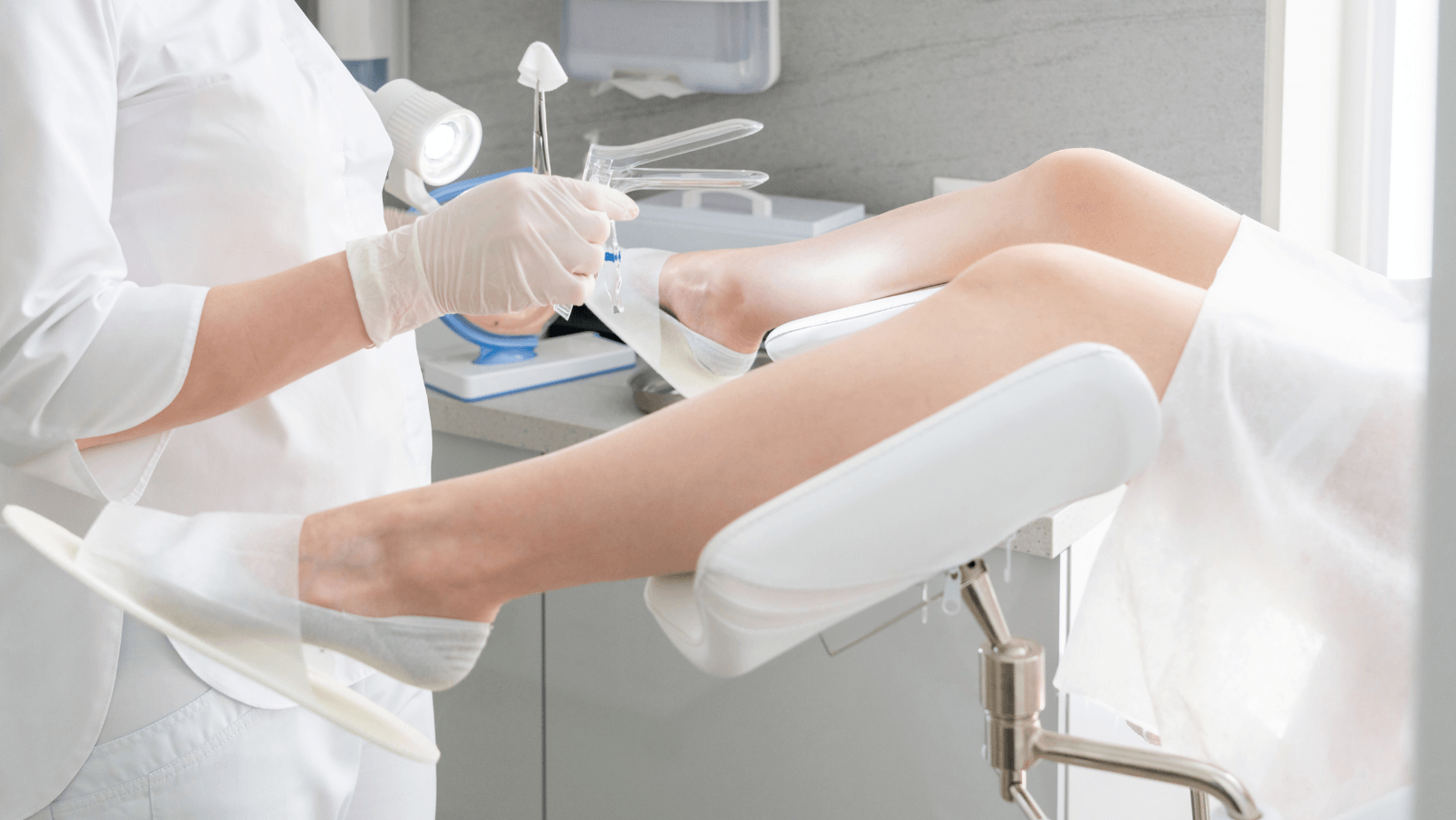Uterine Prolapse - Symptoms, Causes, and Treatment - Avicenna Health
Prolapse Uterus
Do you have pelvic pain?
Have you ever leaked urine?
Have you held heavy things, lastly?
Or is there anyone among your family who had prolapse?
We will talk about a widespread case among women in this article.
Definition of Illness
Your uterus (or womb) is typically held in the inner pelvis area with numerous muscle tissue and ligaments. Because of pregnancy, childbirth, or challenging hard work and delivery, in a few ladies, those muscular tissues weaken. Also, as a female, a while and with a usual lack of estrogen, their uterus can drop into the vaginal canal, inflicting the circumstance called a prolapsed uterus.
Symptoms
Mild uterine prolapse typically does not reason symptoms or signs. Signs and symptoms of mild to extreme prolapse uterus include:
- A feeling of fullness or strain in your pelvis (it may sense like sitting on a small ball)
- Low back pain
- Feeling that something is popping out of your vagina
- Uterine tissue that bulges out of your vagina
- Hard sexual intercourse
- Difficulty with urination or moving your bowels
- Uncomfortable walking
Causes
Uterine prolapse is effecting by the weakening of pelvic muscle tissues and supportive tissues.
Causes of weakened pelvic muscle tissue and tissues include:
- Being pregnant and childbirth – especially in case you had a long, tough delivery, or in case you gave birth to a massive infant or more than one baby
- Ladies when they are getting older and going via menopause
- Overweight
- Hysterectomy
- Lifting heavy things
Risk Factors
- Multiple pregnancies
- Increasing age
- Obesity
- Prior pelvic surgery
- Chronic constipation
- Family history
- Being Hispanic or white
When to see a doctor?
See your medical doctor speak about your alternatives if symptoms and signs of uterine prolapse end up bothersome and disrupt your everyday activities.
Diagnosis
A prognosis of uterine prolapse usually takes place at some point in a pelvic examination.
During the pelvic examination, your physician is probably to ask you:
a. To undergo down as though having a bowel movement. Bearing down can assist your physician in investigating how some distance the uterus has slipped into the vagina.
b. To tighten your pelvic muscular tissues as though you are preventing an outflow of urine.
Differential Diagnosis
- Urethral prolapse
- Cystocele
- Enterocele
- Rectocele
- Abscess
- Mass of gynecological origin
Management
Treatment relies upon the severity of uterine prolapse. Your doctor would possibly recommend:
1. Self-care measures. If your uterine prolapse reasons few or no symptoms, easy self-care measures may also offer alleviation or save you worsening prolapse. Self-care measures consist of acting Kegel sporting activities to reinforce your pelvic muscles, dropping weight, and treating constipation.
2. Pessary: It is made of a plastic or rubber ring inserted into your vagina to assist the bulging tissue.
3. Surgery: it is minimally invasive (laparoscopic) or vaginal surgery.
Surgery can involve:
- Repair of weakened pelvic floor tissues
- Hysterectomy, which means Removal of the uterus
To sum up, try to:
a. Perform Kegel physical games to reinforce pelvic muscle tissue and assist the weakened fascia
b. Avoid constipation through consuming high-fiber ingredients and consuming lots of fluids
c. Avoid bearing down to transport your bowels
d. Avoid heavy lifting
e. Control coughing
f. Try to lose weight if you are overweight or obese
References
Mayoclinic
Web MD
NHS
NCBI

